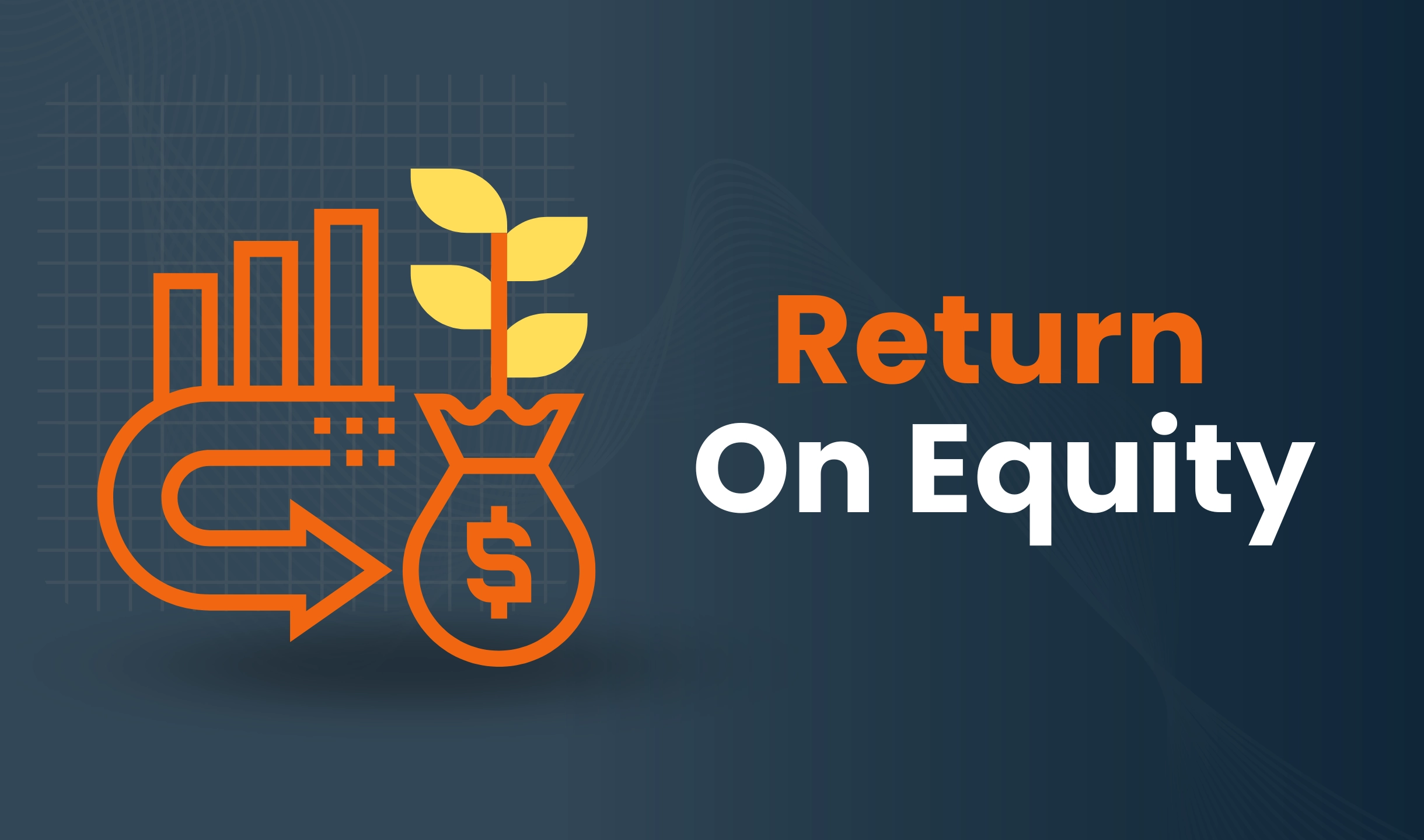Debt funds and fixed deposits are two of the most popular investment options. Thus, before choosing an investment plan, it is essential to understand the key differences between debt funds and fixed deposits (FDs). These investment options serve a variety of investors and offer unique advantages. In this blog, we will explore the key differences between fixed deposits and debt funds and which is more suitable for an investor’s financial objectives.
What are Debt Funds?
Debt mutual funds invest in fixed-income securities like corporate bonds, government bonds, treasury bills, and other debt instruments.
They provide investors with consistent income through capital growth and interest payments. Debt funds are considered to be less risky, making them a suitable option for conservative investors looking for stable earnings from their investment without much risk.
What are Fixed Deposits (FDs)?
Fixed deposits are a popular investment option offered by banks and non-banking financial institutions where an investor deposits a lump sum amount of money for a fixed tenure at a predetermined interest rate.
FDs are among the safest investment options because the bank guarantees them. Investors receive fixed interest rates at the time of opening an FD, which guarantees predictable returns throughout the investment period. This makes FDs ideal for risk-averse individuals.
Key Differences between debt funds and fixed deposits.
There are several differences between debt funds and FDs. Some of them are listed below:
Risk Profile
Fixed Deposits (FDs) are more stable and have minimal risk because they are less impacted by market fluctuations. FD investments are safeguarded by the Deposit Insurance and Credit Guarantee Corporation (DICGC), which insures deposits up to ₹5 lakh, covering both principal and interest.
On the other hand, Debt Funds do not have any such insurance on the initial investment, as their returns depend on market movements. Despite being low risk mutual funds, debt funds have certain risks, such as interest rate changes and credit risk.
Liquidity
Debt funds offer better liquidity than fixed deposits because fixed deposits impose penalties for early withdrawals and have predetermined maturity dates.
Investors can quickly withdraw their debt fund units for easy access to cash. This makes them suitable for investors when they need emergency funds, as debt funds do not have a lock-in period that FDs contain.
Return Potential
While FDs offer guaranteed returns, their interest rates have declined in recent years, ranging from 6% to 7% as of 2025. Conversely, debt funds can provide higher returns, often exceeding those of FDs, depending on market conditions and the specific fund’s performance.
Flexibility in Investment
Debt funds provide investors with multiple investment options, which include both systematic investment plans (SIPs) and lump sum investments for different financial objectives. Fixed deposits require a lump-sum commitment, which reduces their ability to adapt to shifting financial needs.
Fees and Costs
While fixed deposits incur no management fees, debt funds have associated management costs, which may affect overall returns. Investors must consider these expenses when deciding on the best investment option for their portfolios.
Which is Better: Debt Funds or FDs?
The decision between debt funds and fixed deposits depends on the investor’s financial objectives, risk tolerance, and investment horizon.
For Conservative Investors: For investors who prioritize safety and predictable returns, fixed deposits are a better option. They provide guaranteed returns and are less influenced by market volatility.
For Risk Takers: For investors who are willing to take risks for potentially higher returns, debt funds can be suitable. Their liquidity and returns make them appealing.
Conclusion
Both debt funds and FDs are fixed-income instruments and have their own pros and cons. Therefore, before making any investment decisions, investors should consider their financial objectives, investment period, and risk tolerance to make a better decision.











